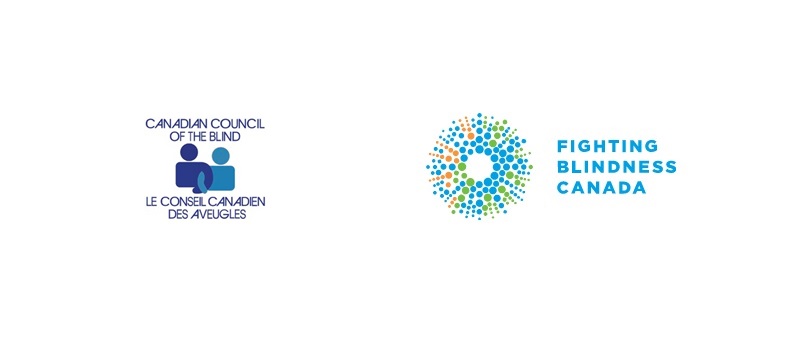COVID-19’s Impact on Vision Loss Across Canada
Thursday, October 14 2021 | 09 h 59 min | News, Press Release
The Addendum to the Cost of Vision Loss and Blindness in Canada Report (“the Report) estimates 1,437 Canadians lost vision due to delayed eye examinations and delayed treatment in 2020. The COVID-19 pandemic continues to challenge Canadian patients and the health care system. Almost all optometrists’ offices were closed during the first lockdown from March to June 2020, with most offices restricting capacity for the rest of 2020. There were close to three million fewer optometry visits in 2020 compared to 2019, which put millions of Canadians at serious risk of losing vision.
Vision loss in Canada is increasing.
- There were 335,000 fewer (47% decrease) eye surgeries performed across Canada between March and June of 2020.
- An estimated 1,437 people lost vision due to delayed eye examinations and treatments in 2020.
The short and long-term cost brought on by the pandemic goes well into 2023.
- It is expected to take two years to clear the additional backlog of cataract surgeries caused by the pandemic.
- Between 2021 and 2023, it is estimated that an additional $129 million per year will be required to clear the backlog.
The cost of vision loss in Canada goes well-beyond the health care system.
- An increase in wait times for surgery will result in a $1.3 billion increase in the cost of vision health over the next two and a half years.
- Though $253.3 million of these costs are direct health care system costs, $1.1 billion result from the loss of well-being.
All Canadians living with eye diseases were impacted by COVID-19. Some had their diagnosis delayed, potentially missing or delaying an opportunity to receive treatment to stabilize their disease. Others were delayed in receiving counselling and support to assist in dealing with the mental, physical and social effects of vision loss.
“We need to make eye health and rehabilitation services a population health priority. It is critical for Canadians to have access to treatment and receive an early diagnosis,” says Louise Gillis, immediate past president, Canadian Council of the Blind. “Research shows that three-quarters of causes of vision loss in Canada are preventable, treatable, or reversible. The delays in treatment, and the backlog of appointments, has and will, continue to create long-term impacts on vision health in Canada.”
“COVID-19 has, and continues to, affect every Canadian. This report shows the unnecessary impact of COVID-19 on the over 8 million Canadians who are living with a blinding eye disease that puts them at significant risk of going blind. We are calling for a National Vision Health Plan because it would have reduced people losing vision today and in the future.” says Doug Earle, President & CEO, Fighting Blindness Canada.
Click HERE for the full press release.








